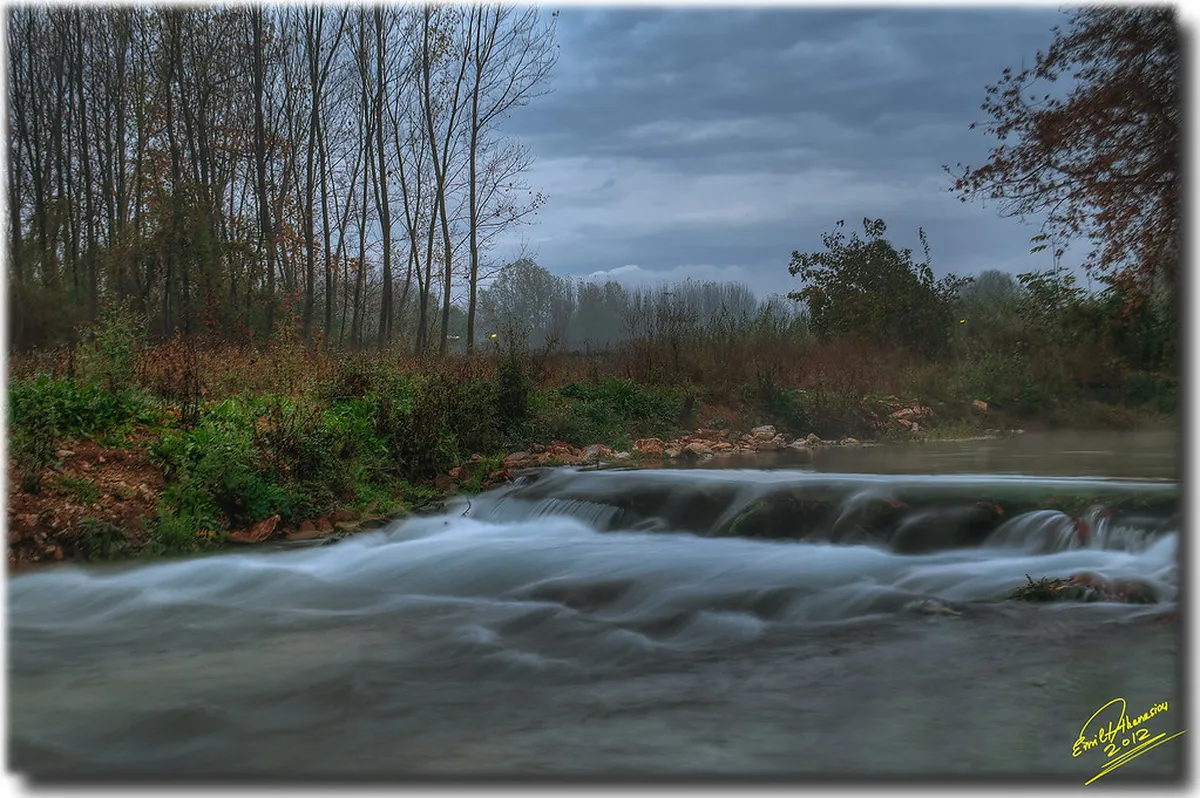Mastering Basel Essential Phrases for Your 2026 Trip
Visiting Basel in 2026 offers a unique cultural experience. Knowing some Basel essential phrases enhances your journey greatly. Switzerland boasts four official languages. Basel, nestled at the border, primarily uses German. However, French is also very common here. Locals deeply appreciate any effort to speak their language. It truly opens doors to richer interactions. Get ready to explore Basel with confidence and new words. Discover more travel advice for your adventure on Itimaker.
This guide will equip you with vital phrases. You will learn greetings, directions, and dining terms. Mastering a few key words makes a big difference. It shows respect for local customs. Prepare for an unforgettable trip. Plan your ultimate journey with our Basel itinerary for first-timers.
Why Learn Basic Phrases for Your Basel Visit?
Learning basic phrases truly transforms your travel experience. It helps you connect with locals. A simple 'Grüezi' can brighten someone's day. These small efforts show genuine interest in the culture.
English is widely spoken in tourist areas. However, not everyone in Basel speaks English fluently. Venturing off the main tourist paths means local communication becomes more valuable. Your attempts will be warmly received. You will discover deeper cultural insights.
Understanding a few words can prevent misunderstandings. It makes navigating less stressful. Ordering food becomes simpler and more enjoyable. You might even find hidden gems recommended by locals. Learning Basel travel tips includes language preparation.
For a seamless trip in 2026, include language learning in your plans. It will enhance your Basel itinerary significantly. Enjoy every interaction with a new level of confidence.
Greetings and Courtesies in Basel: German & French
Mastering greetings is your first step to local engagement. Basel is German-speaking, but Swiss German is the common dialect. French is also prevalent due to its proximity to France. Use the formal 'Sie' (you) for respect with strangers.
Here are some essential phrases for polite interactions:
- Hello: Grüezi (Swiss German, formal and widely used), Hallo (German, less formal)
- Good day: Guten Tag (German)
- Good morning: Guten Morgen (German)
- Good evening: Guten Abend (German)
- Good night: Gute Nacht (German)
- Goodbye: Uf Widerluege (Swiss German, formal), Adieu (French), Tschüss (German, informal)
Expressing gratitude is always important. Say Danke (German) or Merci (French) for 'Thank you'. For 'Please', use Bitte (German) or S'il vous plaît (French). Apologize with Entschuldigung (German) or Excusez-moi (French). These polite phrases demonstrate courtesy and respect. Learn more about local customs through a Basel Old Town walking tour.
Remembering these simple greetings goes a long way. Locals appreciate your effort. It often leads to friendlier service and interactions. Feel confident as you explore the city's charm. It will make your time in Basel even better.
Navigating Basel: Essential Direction Phrases
Getting around Basel becomes easier with a few key phrases. Public transport is excellent, but knowing how to ask for help is valuable. The tram system is very efficient. Knowing your stop helps immensely. Consult our guide on getting around Basel for more details.
Here are crucial phrases for directions:
- Where is...? Wo ist...? (German), Où est...? (French)
- To the left: Links (German), À gauche (French)
- To the right: Rechts (German), À droite (French)
- Straight ahead: Geradeaus (German), Tout droit (French)
- Is it far? Ist es weit? (German), C'est loin? (French)
- Tram/Bus stop: Tram-/Bushaltestelle (German)
- Ticket: Billet (German/French Swiss usage)
When asking for directions, start with a polite 'Grüezi' or 'Bonjour'. Then, ask your question clearly. People are generally helpful. Don't be afraid to try your phrases. They will understand your intention.
Understanding public transport options is vital. For instance, getting from the airport requires specific information. Review Basel airport transport details before you arrive. Use these phrases to confirm your route. It ensures a smooth journey.
Dining and Shopping Phrases in Basel
⭐ Recommendation: Don't miss out on amazing Basel tours - book now!
Dining and shopping are integral parts of any Basel visit. Knowing a few phrases makes these experiences more enjoyable. You can confidently order local specialties. Trying Basel's local food is a must. This will enrich your cultural immersion.
Key phrases for dining:
- A table for two, please: Einen Tisch für zwei, bitte (German), Une table pour deux, s'il vous plaît (French)
- I would like...: Ich hätte gerne... (German), J'aimerais... (French)
- The menu, please: Die Speisekarte, bitte (German), La carte, s'il vous plaît (French)
- Water: Wasser (German), Eau (French)
- Coffee: Kaffee (German), Café (French)
- The bill, please: Die Rechnung, bitte (German), L'addition, s'il vous plaît (French)
For shopping, understanding prices is crucial. Ask 'Wieviel kostet das?' (How much does this cost?) in German. Or 'Combien ça coûte?' in French. You might also ask 'Haben Sie...?' (Do you have...?) if searching for specific items. Basel offers fantastic shopping opportunities. This includes many unique boutiques and markets.
When shopping, ask about payment methods. Most places accept cards, but cash is sometimes preferred for smaller purchases. Remember to thank the staff with Danke or Merci. These little interactions create memorable moments. It elevates your overall shopping experience. Explore options for a budget-friendly Basel trip when planning expenses.
Essential Emergency and Helpful Phrases
💡 Pro Tip: Book your Basel adventures in advance through Viator for the best deals!
While you hope for a smooth trip, knowing emergency phrases is smart. Being prepared provides peace of mind. It helps in unexpected situations. These phrases can truly make a difference. Always keep emergency numbers handy for 2026 travel.
Important phrases for emergencies:
- Help! Hilfe! (German), Au secours! (French)
- Call the police: Rufen Sie die Polizei! (German), Appelez la police! (French)
- Call a doctor: Rufen Sie einen Arzt! (German), Appelez un médecin! (French)
- I need a hospital: Ich brauche ein Spital (Swiss German), J'ai besoin d'un hôpital (French)
- I don't speak German/French: Ich spreche kein Deutsch/Französisch (German), Je ne parle pas allemand/français (French)
- Can you help me? Können Sie mir helfen? (German), Pouvez-vous m'aider? (French)
Always carry a small notebook with key phrases. You can also use a translation app. However, learning to pronounce these phrases yourself is empowering. Locals will try to assist you. Having a few words ready helps everyone.
Knowing these phrases also extends to general helpfulness. You might need to ask for Wi-Fi or the restroom. 'Wo ist die Toilette?' (Where is the restroom?) is always useful. This ensures your comfort and safety. For peace of mind during your visits, check out our guide to Basel's best museums, ensuring you know how to navigate each location effectively.
Frequently Asked Questions
🎯 Insider Tip: Discover the best Basel experiences with Viator Tours!
Do most people speak English in Basel for tourists?
Yes, many people in tourist areas speak English. Hotel staff, museum employees, and restaurant servers often do. However, knowing some Basel essential phrases greatly enhances your experience. Locals appreciate the effort you make. It helps build a better connection. Don't be afraid to try some German or French.
What is the main language spoken in Basel, Switzerland?
The main language in Basel is German. Specifically, Swiss German is the everyday dialect. High German is used in formal settings and written communication. Many people also speak French due to Basel's border location. Learning a few words of Swiss German is a nice touch. For tips on immersion, explore our guide to Basel's attractions.
Are French phrases helpful when traveling to Basel?
Yes, French phrases are definitely helpful in Basel. The city sits close to the French border. Many residents are bilingual. French is taught in schools. You will encounter French speakers in shops and restaurants. Using some French shows respect for the region's diverse culture. It can be particularly useful if you're exploring day trips from Basel into France.
What is the most important Swiss German greeting to learn for Basel?
The most important Swiss German greeting to learn for Basel is 'Grüezi'. It is a polite and widely used greeting. This word shows respect. It is suitable for most interactions. You will hear it everywhere in Basel. Using it makes a positive impression. It also demonstrates your engagement. Consider trying 'Uf Widerluege' for goodbye.
Learning a few Basel essential phrases will truly enrich your 2026 adventure. From simple greetings to asking for directions, communication opens doors. It allows for deeper cultural immersion. Your efforts will be met with appreciation and warmth. Don't worry about perfect pronunciation. The attempt itself is what matters most.
Prepare your phrasebook and download a translation app. Most importantly, embrace the opportunity to speak. It transforms an ordinary trip into an extraordinary one. Basel awaits your exploration. Start planning your stay today with our recommendations on where to stay in Basel. We wish you wonderful linguistic discoveries!
Key Takeaways
💡 Pro Tip: Book your Basel adventures in advance through Viator for the best deals!
- Prioritize 'Grüezi' (Swiss German hello) and 'Danke' (thank you) for daily use.
- Always use the formal 'Sie' (you) when addressing strangers for politeness.
- Carry a small phrasebook or use a translation app for quick reference.
- Don't fear making mistakes; locals appreciate any attempt to speak their language.



